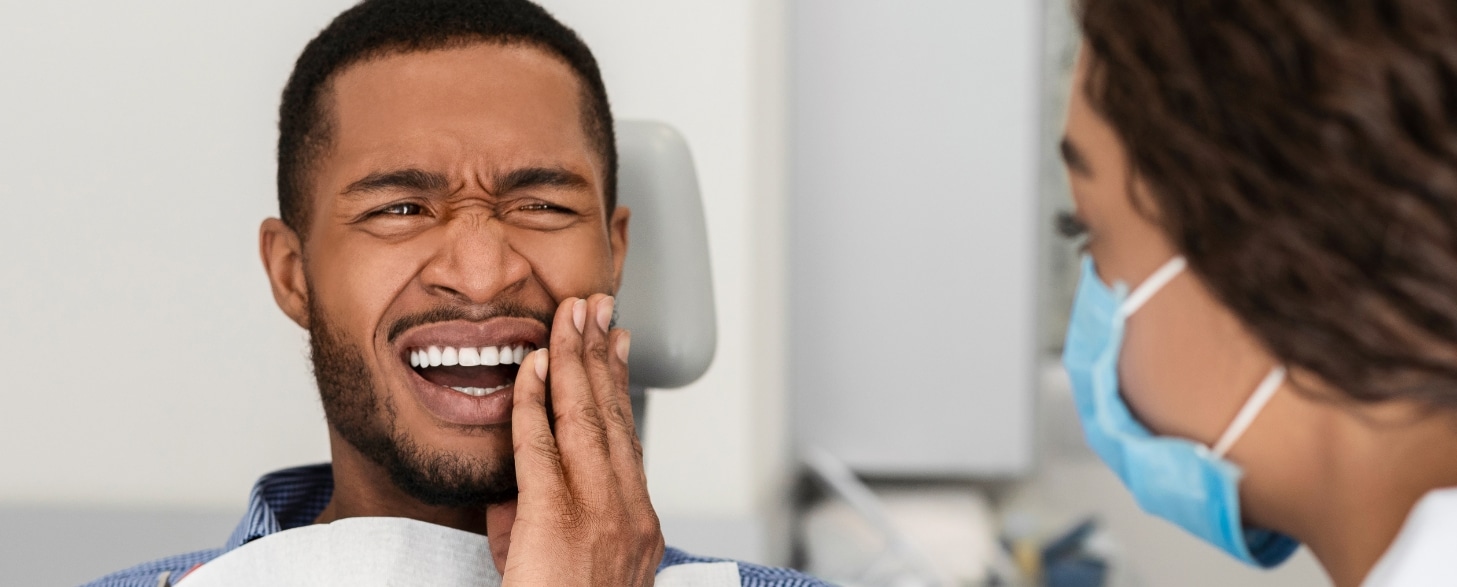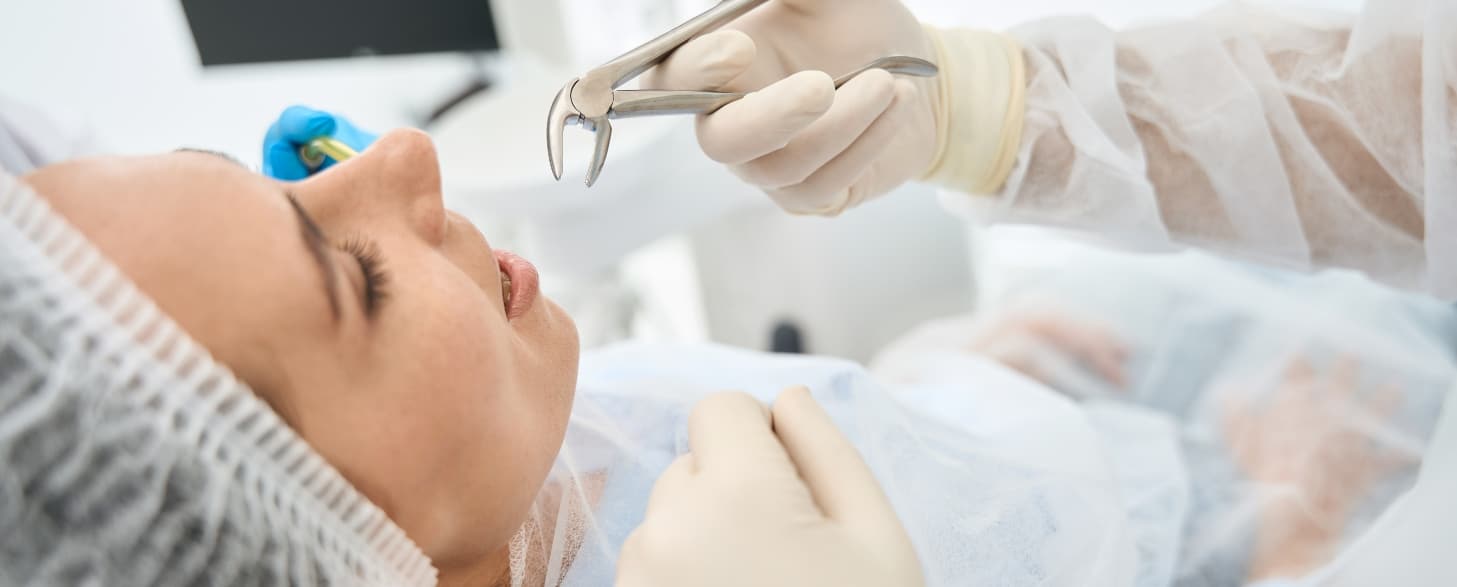Smoking After Wisdom Teeth Extraction: Risks & Recovery
San Antonio, TX

We all know that smoking is a harmful habit with numerous severe health consequences. However, did you realize that smoking following tooth extraction might lead to even more serious complications?
Smoking can interfere with the healing process after a tooth extraction. As a result, it is essential to be aware of the risks. After undergoing a tooth extraction, you may be inclined to smoke a cigarette. However, it’s important to resist this temptation as smoking can hinder the healing process, raise the risk of infection, and pose other potential dangers that you may not be fully aware of. Let’s examine why dentists strongly advise against smoking after a tooth extraction.
Possible Complications of Smoking After Tooth Extraction
In the initial hours and days following a tooth extraction, the focus is on clot formation and the initiation of the healing process. Smoking during this period poses a significant risk. The act of inhaling smoke can disrupt the blood clot that forms in the extraction site, leading to a condition known as dry socket.
Smoking exposes your body to harmful substances that can weaken your immune system and hinder the healing process. In addition, it also results in reduced blood flow to the injured area, thereby prolonging the recovery process and increasing the risk of infection.
One of the most serious risks associated with smoking after a tooth extraction is the development of a painful condition called a dry socket. This occurs when the blood clot in the socket dissolves or becomes dislodged, leaving the underlying bone and nerves exposed.
A dry socket can prolong the healing process and increase the likelihood of developing an infection. If you experience any difficulty, it is important to call your dentist immediately.
Experiencing symptoms of a dry socket is considered a dental emergency, and it is crucial not to delay seeking dental assistance.
Preventing Dry Socket
While dry socket can occur, there are steps you can take to minimize the risk:
Follow Post-Extraction Care: Adhere to your dentist’s post-extraction care instructions diligently, including proper oral hygiene practices.
Avoid Smoking: If possible, refrain from smoking during the healing period. Smoking can significantly impede the healing process.
Oral Contraceptives Awareness: If you’re taking oral contraceptives, inform your dentist. They may provide additional instructions to mitigate the risk.
Regular Follow-ups: Attend follow-up appointments with your dentist to ensure proper healing and address any concerns promptly.
Recognizing Symptoms of Dry Socket
A dry socket can cause severe pain. If you experience throbbing pain several days after a tooth extraction, it’s crucial to contact your dentist promptly. Other symptoms may include a foul taste in the mouth and bad breath.
How Long Should You Wait Before Smoking After A Tooth Extraction, And Why?
- It is recommended that you refrain from smoking for a minimum of 72 hours after your tooth extraction. If possible, it is advisable to wait a little longer in order to maximize the likelihood of a complete recovery without any complications.
- It is strongly advised not to smoke after a tooth extraction, as doing so can significantly slow down the healing process and increase the risk of complications such as dry sockets.
Smoking can cause a dry socket, exposing the extraction site and increasing the risk of infection. It also constricts blood vessels, reducing blood flow to the site. Therefore, waiting 48-72 hours before smoking is recommended to allow the blood clot to form and the healing process to begin. Quitting smoking, if possible, is even better as it can have numerous negative effects on oral and overall health.
When it comes to your dental health, choosing to avoid smoking during the post-extraction time is not just a matter of caution; it is a commitment to your oral health. The act of smoking brings about a chain reaction of dangers, including the inhibition of the development of blood clots, the enhancement of the likelihood of infection, and a delay of the healing process as a whole.
If you need more information regarding smoking after tooth extraction, please get in touch with your nearest dental office without any delay.





